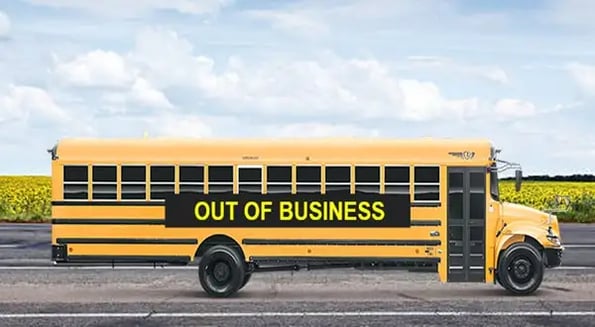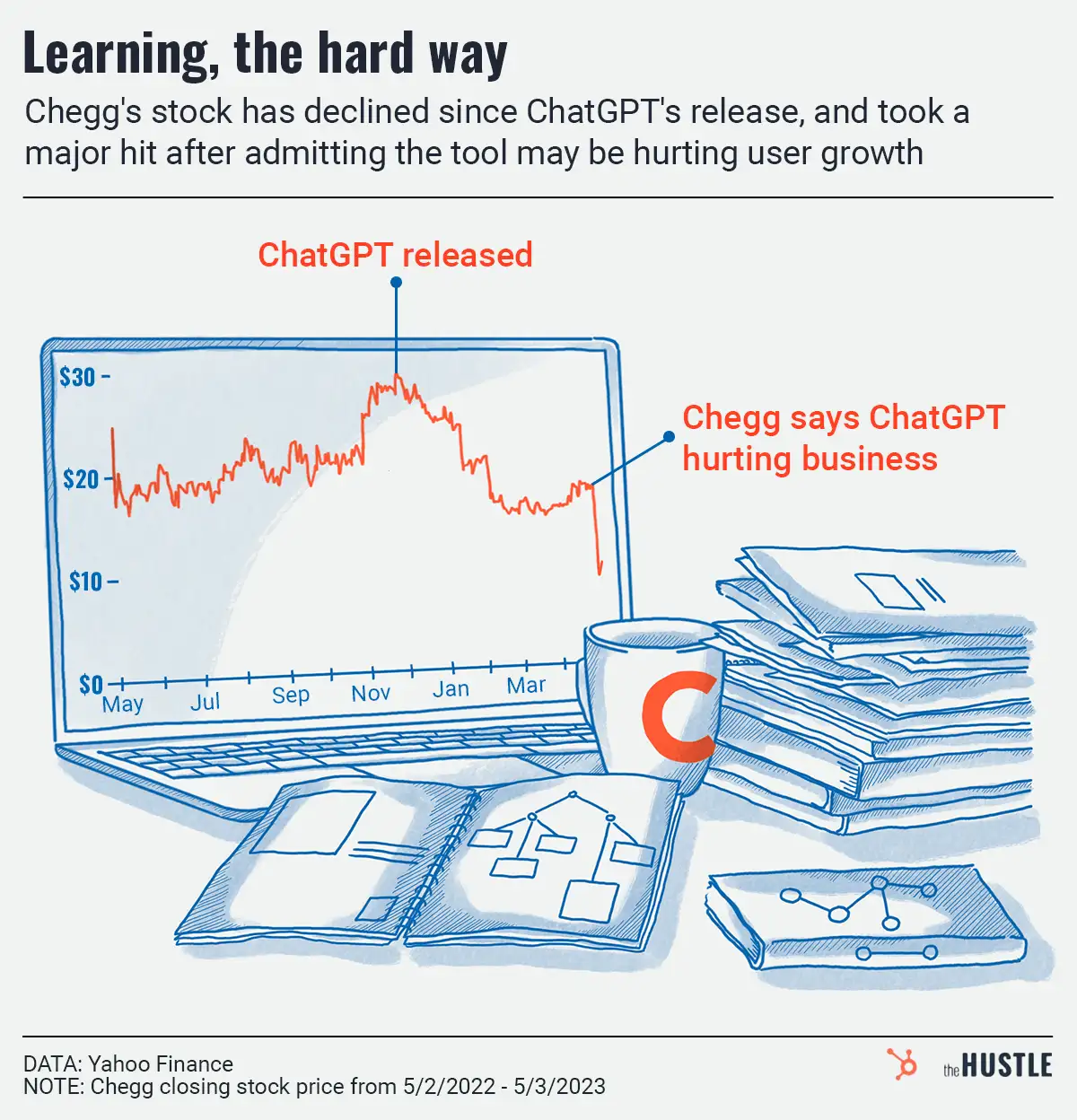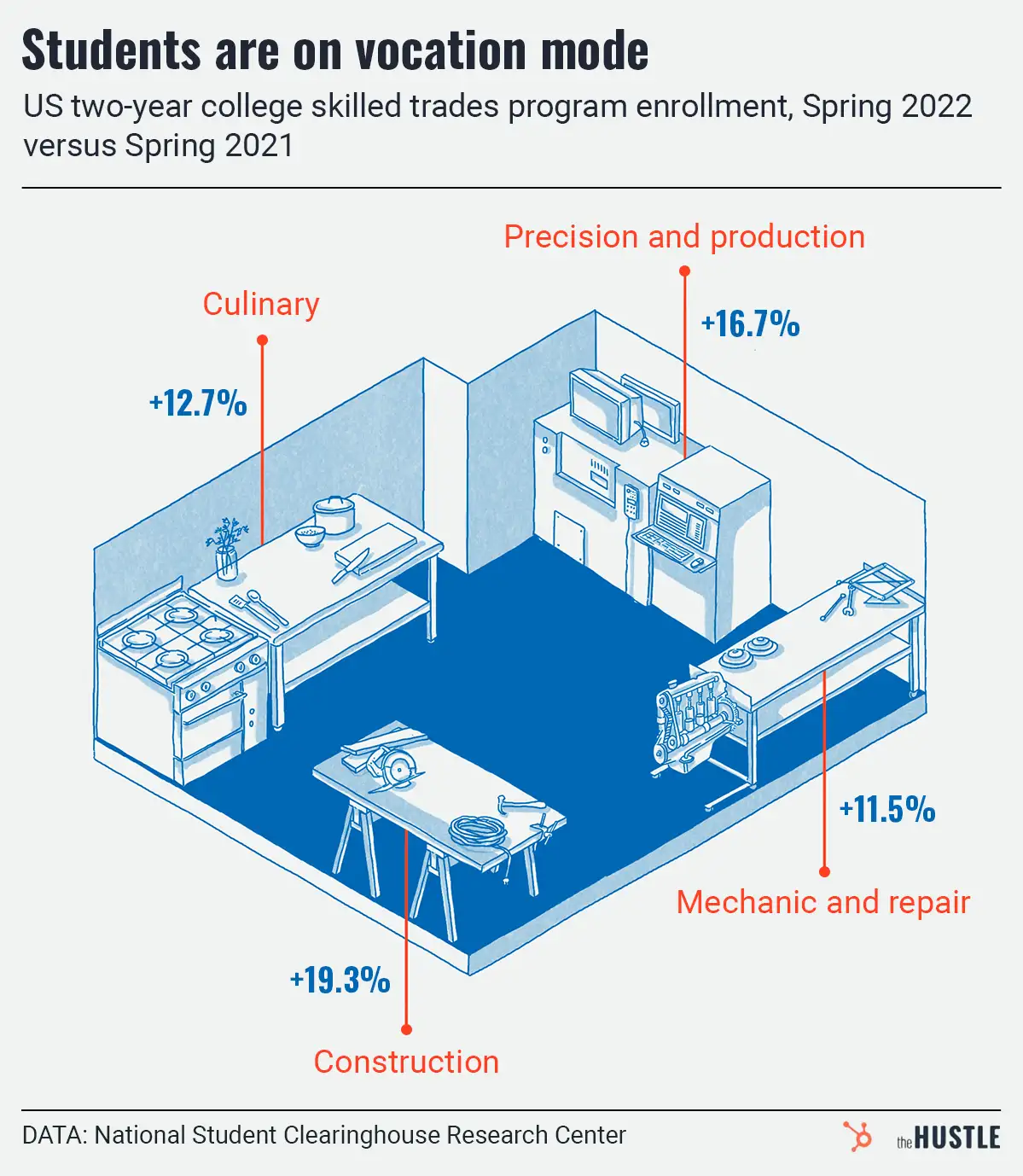The wheels on the school bus are not going round and round.

With tons of in-person classes canceled, districts are cutting their contacts with their private bus partners — and the industry is veering toward disaster.
One New York company called Tonche Transit has lost $750k of its $2m a year in revenue. Others, like Baumann Bus Company, have gone out of business, sidelining hundreds of drivers.
Wait, what, there are school-bus companies?
According to IBISWorld, most public school districts own and operate their own fleets. But ~⅓ outsource to private companies — and that figure has been growing as education budgets have shrunk.
The school-bus biz is now a $13.5B industry.
Hundreds of small school-bus companies are scattered across the US, but here are the biggest players:
- First Student is part of the busing behemoth FirstGroup, which also works with companies like Greyhound: ~$2.8B revenue, or 20.3% market share
- National Express is the school-focused arm of a UK transport titan: ~$1.8B, or 13.2%
- Student Transport Inc is focused on suburban and rural areas: ~$816m, or 6%
(All stats via IBISWorld)
What’s the problem right now?
School-bus companies make their money through contracts, which means their income tends to be all or nothing.
Even in places where in-person school is happening, some of the extra payouts that bus companies depend on — like after-school or summer service — have gotten the ax.
Wondering if your district uses private buses?
From the outside, you can’t actually tell. All school buses are required to look the same, no matter who runs them — the length, the colors, and the aisle width were all standardized back in the 1930s.
Your chance of having private buses goes down if you live in a rural area. Those bus routes are pricey, so your school district is probably the one footing the bill.
School-bus companies love densely populated cities: More kids + less distance between home and school = more profit.
When kids do go back to school, that might create an odd disparity: In high-population areas, there might not be a bus to greet them.










